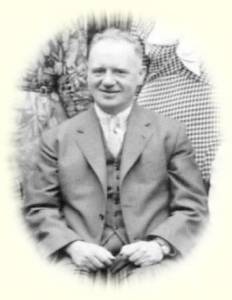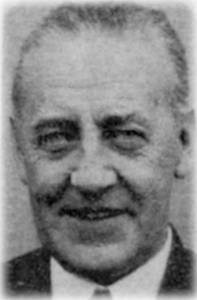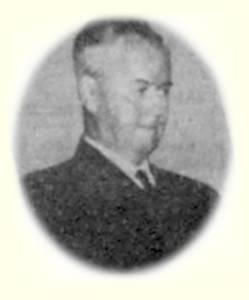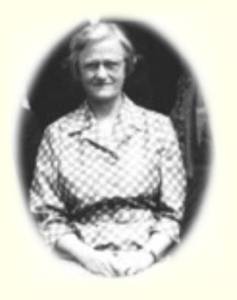| The First Headmaster
Major Frederick H Morris was born in Wellington, Shropshire and educated at St Paul’s College, Cheltenham. He came to Glossop in 1895 to take up the post of Assistant Master at Whitfield C of E School. He was later appointed Headmaster on the retirement of Mr G E Cox. Under his skilful guidance the school became the largest in the Borough of Glossop and achieved some remarkable scholarship successes. He was head of the Evening classes organised by the Local Education Committee, of which he was also secretary. |
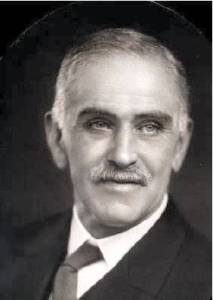 |
| He was promoted to Major whilst serving with the Cheshire Regiment during WWI. He was awarded an M.B.E., from King George V, for his services to the Empire.
Following the recommendations made in the Hadlow Report, that pupils would attend a Primary school up to age 11 years and then continue in a Secondary School up age 14 years, the Pikes Lane Council School became West End Secondary Modern School in September 1930, and Major Morris was appointed its first Headmaster. He remained closely connected with St James’s Parish Church, being a Sunday School teacher and Church Warden. He retired in May 1937 and Mr Clarence Bowden was acting Temporary Headmaster until the successor to Major Morris, Captain W V Furniss, was able to take up his new post in August. |
|
